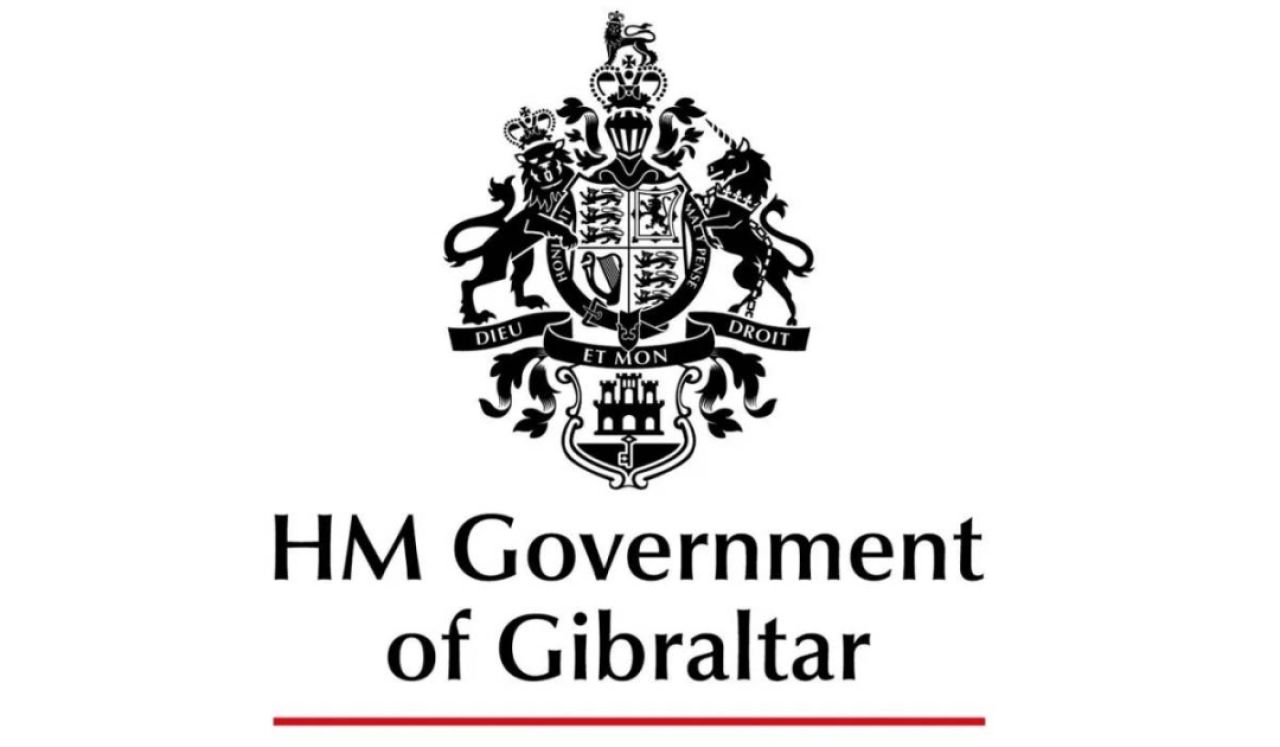GHA Issues Advice To Vulnerable Groups In The Event That They Test Positive For COVID-19

The GHA has announced it is writing individually to members of the public who it has identified as vulnerable to serious illness from COVID-19, to advise them of the steps they should take in the event that they test positive for the virus.
A statement from the Government follows below:
The GHA is writing individually to members of the public who it has identified as vulnerable to serious illness from COVID-19, to advise them of the steps they should take in the event that they test positive for the virus.
Individuals who are vulnerable may benefit from antibody and antiviral treatment if they test positive. These treatments can help some people manage their COVID-19 symptoms and reduce the risk of becoming seriously ill. They are for people who have not been admitted to hospital and are well enough to manage their symptoms at home.
Individuals who are vulnerable and who test positive for COVID-19 should call 111 immediately. This is important to do as soon as you test positive because some treatments are effective within 5 or 7 days of onset of COVID-19 infection.
Individuals may be vulnerable to serious illness from COVID-19 if they have:
- Down’s syndrome
- Sickle Cell Disease
- Current cancer or has received treatment for cancer in the last 12 months (chemotherapy in past 12 months or radiotherapy in past 6 months)
- Leukaemia or lymphoma or myeloma or has had treatment for these or other blood cancers in the last 12 months or has received a stem cell or bone marrow transplant for any reason. Other haematological diseases that require immunosuppressant treatment (e.g. aplastic anaemia, paroxysmal nocturnal haemoglobinuria)
- Severe kidney failure, is on dialysis or has had a kidney transplant
- Severe liver disease or has had a liver transplant
- An immune/ auto-immune disease which is treated with immunosuppressant drugs
- A diagnosed immune deficiency syndrome
- HIV
- Received an organ transplant (heart, lungs, pancreas etc).
- One of the following neurological conditions: Multiple sclerosis, Motor neurone disease, Myasthenia gravis or Huntington’s disease.
Further information for those vulnerable to COVID-19 is available on the Public Health Gibraltar website: https://healthygibraltar.org/news/sars-cov-2/vulnerable-to-covid-19/
The Director of Public Health, Dr Helen Carter, said: ‘It is extremely important for vulnerable individuals to call 111 as soon as they test positive for COVID-19 so that their case can be reviewed and appropriate treatment can be arranged for them as soon as possible. This, in addition to vaccination, will give them the best possible chance of avoiding serious illness.’
Latest News
- Chamber Responds to the 2025 Budget
- TG Welcomes Budget Surplus But Criticises “Underinvestment” And “Lack of Affordability Measures”
- The Budget 2025 – Minister Joe Bossano's Address
- 2025 Walks Through History Summer Programme
- Minister Cortes Meets Minister Morgan
- Gibraltar NASUWT Welcomes Creation Of 49 New Permanent Teaching Posts
- Charity Cardboard Boat Race To Take Place This August
- The Budget 2025 – Minister John Cortes' Statement
- Commencement of Part 2 of the Register of Property Occupation Act
- Autumn Poetry Competition 2025



